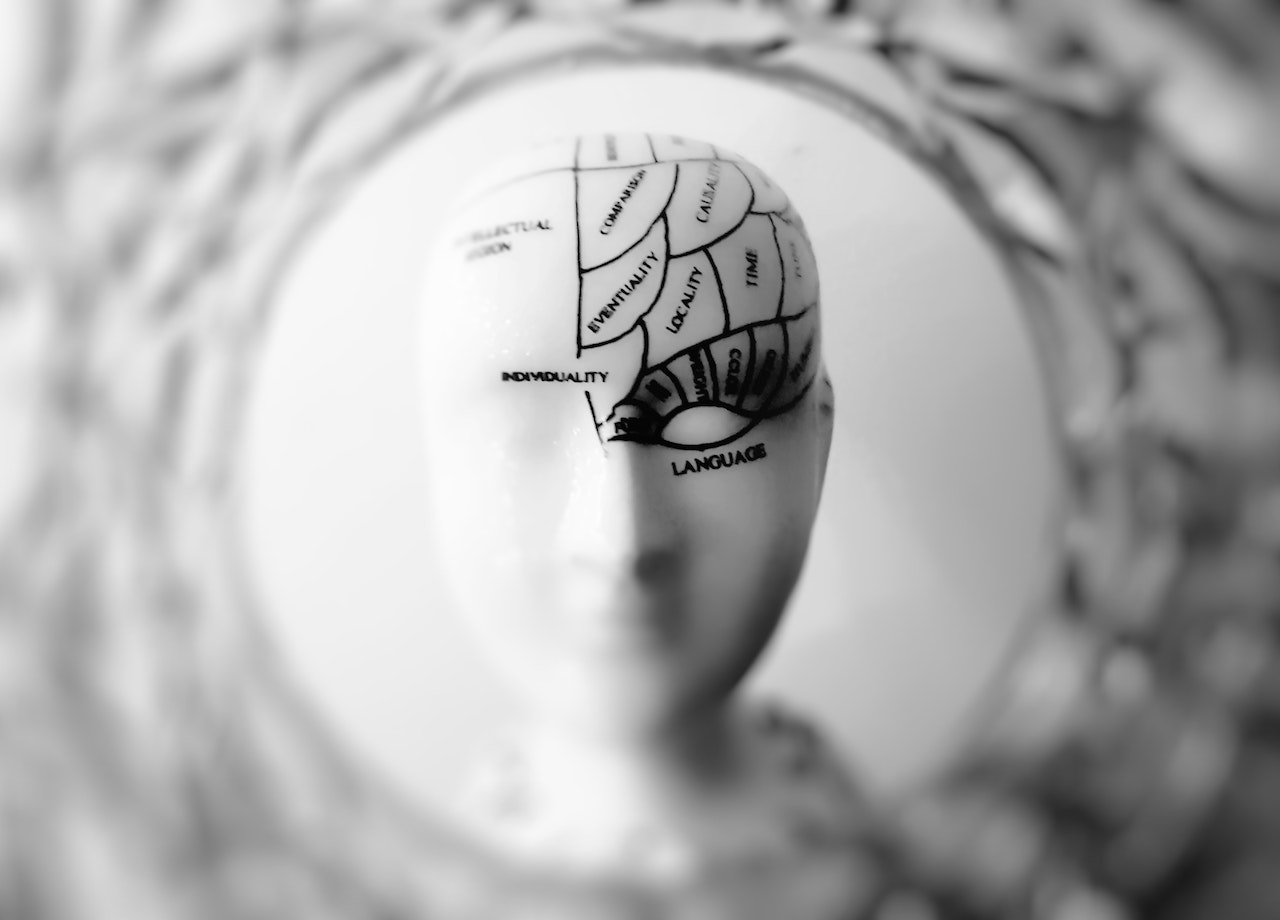If you want to learn how to retrain your brain, it’s essential to start with simple exercises. These exercises can include Mindfulness, Visualization, Positive thinking, and exercise. Practice these techniques regularly and you’ll find that they increase your comprehension of new information. These techniques can help you develop your creative and analytical abilities.
Mindfulness
Mindfulness is a powerful technique to help you overcome negative thinking and increase your resilience. It has numerous benefits, and it’s easy to learn. The key is to tune in to the present moment. We often let our minds wander when we’re stressed or busy. Practiced daily, mindfulness can improve your mental stability and reduce stress. Moreover, studies have shown that mindfulness improves immune function, strengthens the brain’s gray matter, and can even improve your memory. The practice of mindfulness improves neural processing, which can help you overcome stress.
Exercise
Studies show that regular exercise improves cognitive functions, including memory recall, problem solving, and attention to detail. It also increases levels of creativity and confidence. Exercise is an excellent way to retrain your brain for success. Ideally, brain training exercises should involve tasks that challenge you beyond your comfort zone and require complex thought processes.
Brain training exercises should focus on learning new skills and improving your memory, attention, reasoning, and logic. These activities are based on scientific research and can greatly improve your quality of life. These exercises can help you achieve your personal goals and improve your work and personal life. The benefits of brain training can be felt immediately and last for as long as five years.
Diet
A nutritional diet is a powerful way to retrain your brain. Research has shown that a nutritious diet can improve brain function, which ultimately translates into better success and happiness. Sugar, for example, releases dopamine, a neurotransmitter involved in the reward circuit, which is linked to addictive behavior. Many studies have been conducted to study the addictive potential of sugar in human beings.
Our brains are wired for routine, and as our patterns develop, our brain creates new neural pathways that connect the different aspects of that pattern. Bad eating habits, for example, create neural pathways in our brains that encourage unhealthy eating habits. But by becoming conscious of these patterns and repeating them, we can create new, more healthy habits. Follow us for more information!
